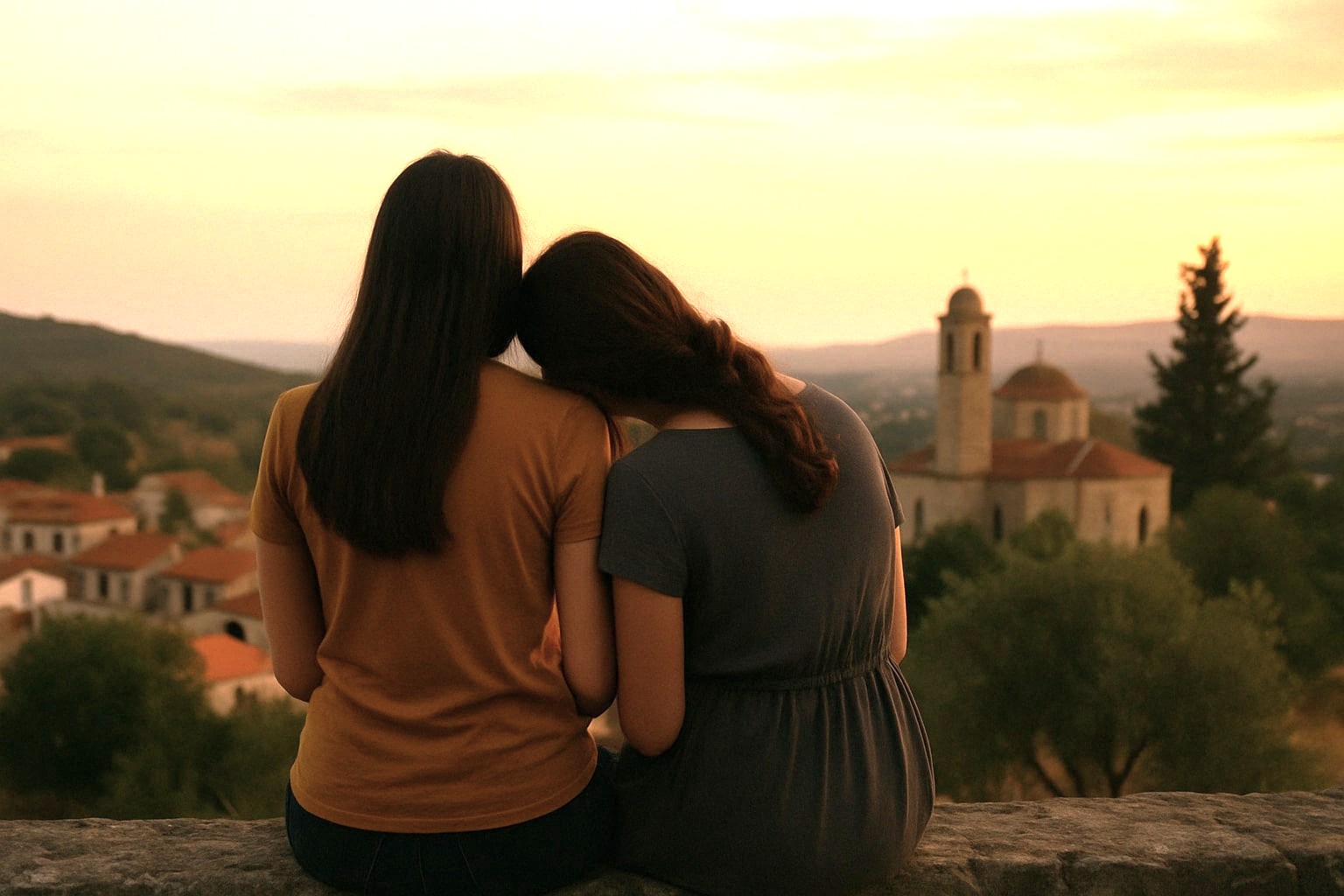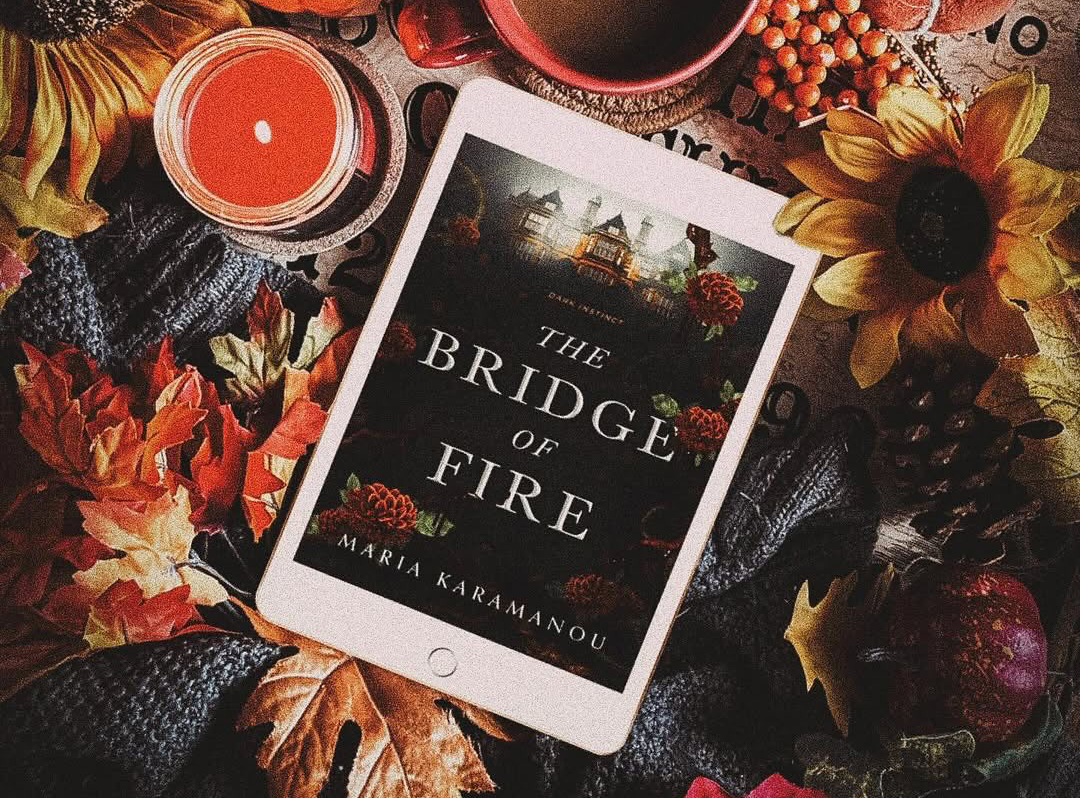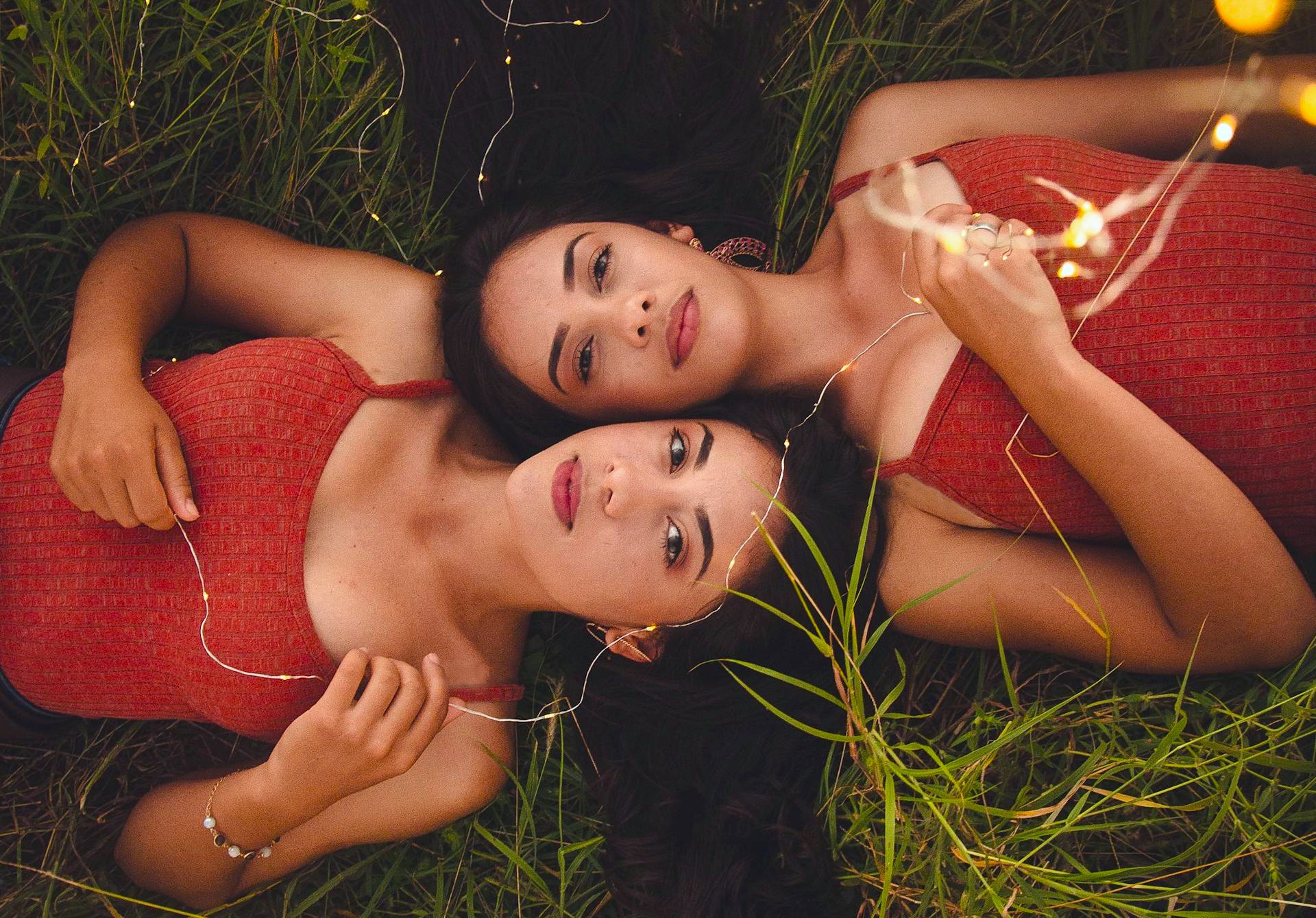In 1974, as the island tore apart, these are the people who shared their food, their wealth, their homes
Think of the longest-lasting relationship in your life.
Who’s always been there, through triumph and disaster, laughter and loss? Who’s seen you at your best and worst, your boldest – and your most broken?
You probably thought of a parent, a partner, or a lifelong friend. But, for the majority of people – both in Cyprus and abroad – the person who will, statistically speaking, be in our lives the longest is none of those.
Instead, it’s a sibling. The brother or sister who has walked beside us almost from the start; a witness to our entire story.
“Siblings shape us in ways we rarely acknowledge,” says Maria Karamanou. “More than friends, sometimes even more than parents, they influence who we become – teaching us competition, compromise and connection.
“And the strongest bond of all,” she suggests, “is sisterhood. Especially in Cyprus.”
Through war, displacement, hardship, the sisters of Cyprus have always relied on each other. Of course there are squabbles, but when the proverbial hits the fan, it’s our sisters we turn to.

In 1974, as the island tore apart, these were the people who shared their food, their wealth, their homes. When a husband lost his job, our sisters slipped bread into our pantry, notes into our purse. And if a parent passes too soon, it’s our sisters who mourn beside us, organising the memorials; making sure we are never alone in our grief…
“When my father had cancer, my sister was always there,” says Maria. “She took care of everything: the cooking, the errands, the appointments. And through the long nights and the quiet, aching days, it was my sister who encouraged me to keep writing…”
It’s this unwavering bond that Maria honours in The Bridge of Fire, her first novel.
Originally serialised on Wattpad for an online competition (in which Maria came within the top 60 authors worldwide), Bridge of Fire is set a world away from Cyprus, in the fictional village of Snowshill.
“But at its heart,” says the 23-year-old author, “it’s about something deeply Cypriot: sisterhood.
“Here, sisters are the backbone of family. When my dad was suffering, there were days I felt I couldn’t write a single word. But it was my sister who kept me going – reminding me why I started, why I needed to finish. With her support, writing became my way to process the pain.”
Although billed as a gripping blend of psychological thriller and supernatural intrigue, at heart this self-published novel is a story of survival, resilience and the power of siblings in the face of darkness.
Granted, it’s a bit of a BookTok read – more Maas than McCarthy! But the charming bond between protagonists Victoria and Alice carries the story: “Their bond is very real,” says Maria. “Their strength, frustration, the fierce love of sisters throughout time – it’s all there on the page.”
As the fictional sisters navigate “perilous realms of deceit and danger, their bonds tested as they face adversaries both human and otherworldly”, Maria found herself escaping into their story. While her father was gravely ill, writing became a refuge – a place where she could create order amid chaos, channel fear into fiction.
“I started writing the book when I was 15,” she reveals. “But it wasn’t until years later, when my father was ill, that it truly took shape. What began as a simple story became something deeper – a way to process everything I was going through, to hold onto something when life felt uncertain.”
Her readers, too, found solace in the words – 10,000 following her unfolding story. And as she wrote, Maria discovered that her tale wasn’t just resonating because of its mystery or suspense, but because of the bond at its core…
In literature, as in life, sisters have always sacrificed for one another. In Sense and Sensibility, Elinor Dashwood suppresses her own heartbreak to shield Marianne from pain. In The Hunger Games, Katniss Everdeen steps forward to take her sister’s place in a battle to the death.

“I think readers connected with Victoria and Alice,” says Maria. “They’re flawed and fierce; bound together by something deeper than blood, tested by forces beyond their control. It’s what so many of us feel, isn’t it? That no matter what we go through, our sister will always be there for us – if we have one.”
The young author raises a good point.
In Cyprus, sisters were once almost a given. In 1950, the national fertility rate stood at 3.829, meaning that each woman of child-bearing age was producing almost four children. Maria’s father grew up with two sisters; her grandparents had six.
But she herself has just one. And the way the tide is turning, Cyprus’ next generation is likely to have none: by 2021, the average island household consisted of just 2.6 people – two parents and just over half a child. Siblings, today, are becoming a rarity.
“Perhaps that’s why The Bridge of Fire resonates,” Maria suggests. “On an island where siblings are no longer the norm, it reminds us of what it means to have someone by your side, through everything. No matter what life throws at you, your sister won’t walk away. That’s what Victoria and Alice have.”
For generations, siblings have been our first allies – they shape us, challenge us, and stand beside us through life’s most defining moments. They’re the people who are in our lives the longest – longer than parents, longer than partners – always there, woven into the fabric of our story.
Yet, as families shrink, that lifelong connection is slipping away, becoming rarer with each generation.
Siblings Day was on April 10. So perhaps this is a time of year to reflect on what we have – and what we may be losing. And The Bridge of Fire may be a gentle reminder of that, especially when it comes to the power of sisterhood.
Because, in a country where siblings are no longer a given, this novel asks a powerful question: when everything else is taken from you, who will still be there?
For more information, visit the Facebook page ‘Maria Karamanou’, or amazon.com






Click here to change your cookie preferences